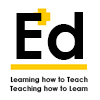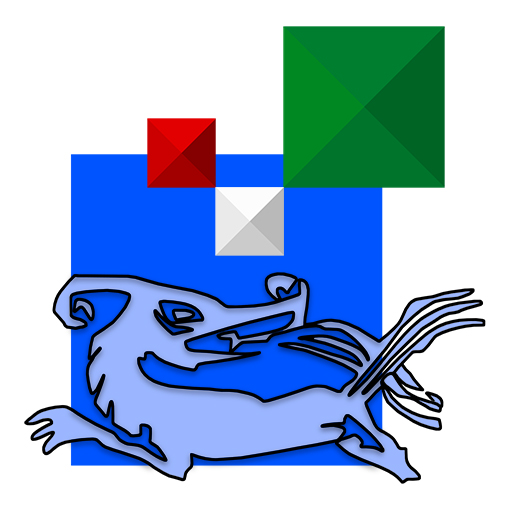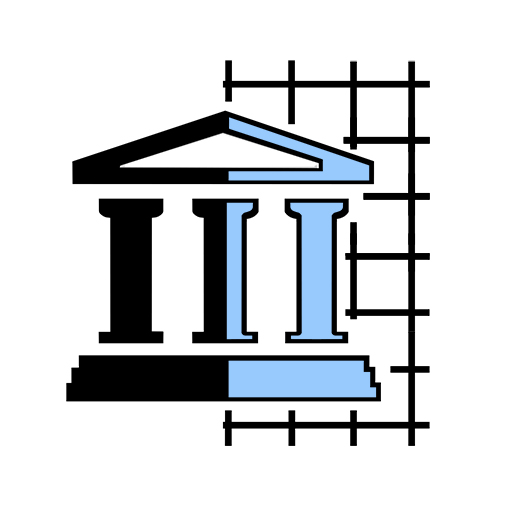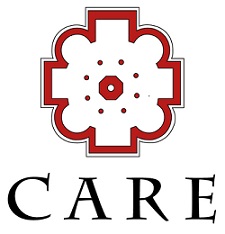
Project Editor
Project Learning how to Teach, teaching how to Learn. Facing Challenges of Global Change in Higher Education Using Digital Tools for Reflective, Critical and Inclusive Learning on European Historical Landscapes is the Erasmus+ project with the goal to analyze current practices related to the e-learning and teaching processes in higher education, as well as to propose a new alternative based on the contemporary digital technologies.
The first phase of our research is to assess the current state of using digital tools in e-learning and teaching processes. If you are a teacher in higher education, you are invited to contribute to our research by filling the questionnaire. Thank you in advance for your contribution.
Global Humanisms: New Perspectives on the Middle Ages (300-1600) – GLOHUM
funded by the Croatian Science Foundation (HRZZ) and European Social Funds (ESF) (PZS-2019-02-1624 )
The main idea of the project is to show that “humanism” is already a medieval notion and not an invention on the cusp of modernity; therefore, to write “a history,” that is one possible (new, other) history of the Middle Ages that, via a rigorous and methodological interdisciplinary approach, emancipates itself from the constraints of traditional periodization.
Integrated Methodologies to Historical Landscapes Recording: Participatory Approaches – HILAR
funded through ERASMUS+ Key Action 2 Strategic Partnership Programme (2019-1-HR01-KA203-060982)
The objective of this project is to create and apply for an innovative, immersive and participatory teaching program on cultural heritage, particularly on the recording, study, and management of historical landscapes understood as a systemic and diachronic product of humanity.
Project CARE (Corpus Architecturae Religiosae Europae, saec. IV-X)
The project started in 2001, with the goal to make a universal and extensive scientific catalog (both online and published in paper) of all the religious buildings on the European territory from the period IV – X century available to scientists, but also to the general public.



